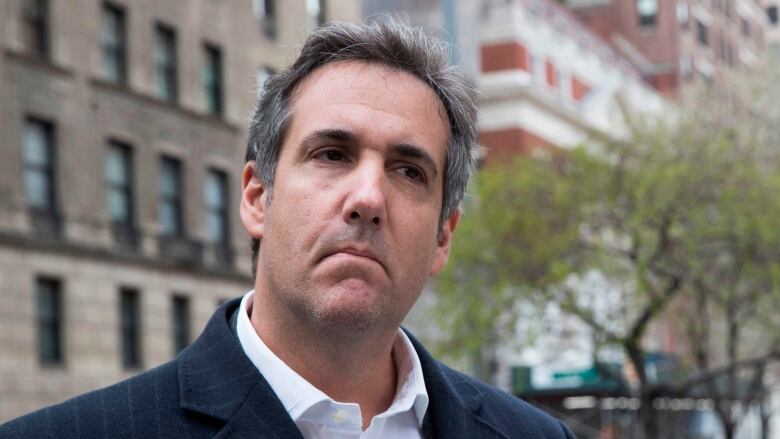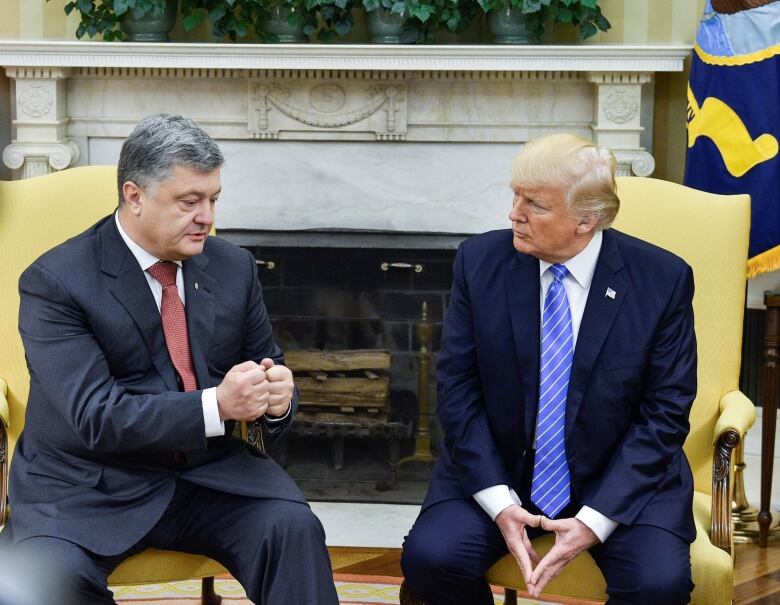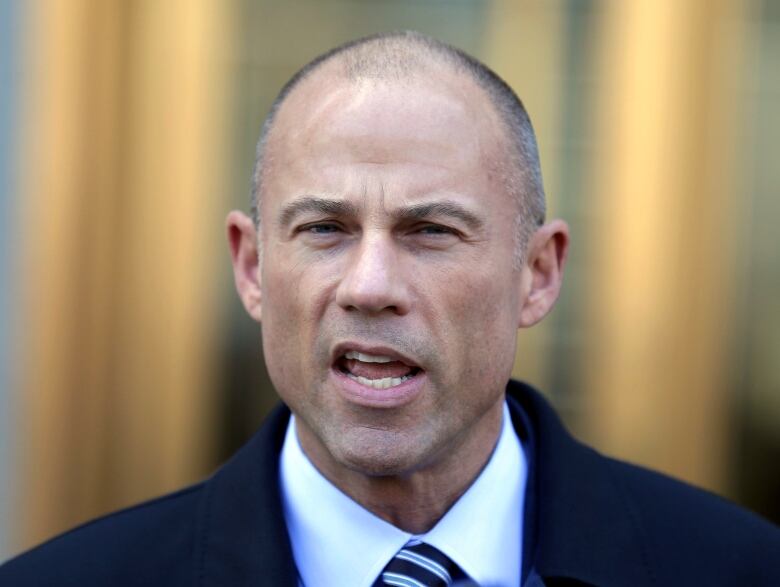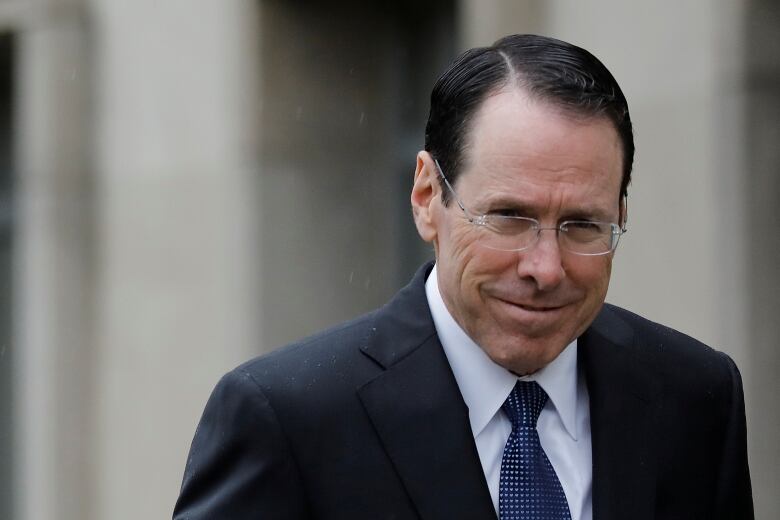Trump lawyer's selling of access to president unveils the murky world of lobbying
Michael Cohen's actions 'sleazy but legal,' political scientist says

Donald Trump's embattled personal lawyer Michael Cohen sparked more controversythis monthwhen it was revealed he was paid hundreds of thousands of dollars by large corporationsfor access to the president.
And while such transactions may have raised ethical concernsand questions about whether Cohen should have been registered as a lobbyist, hisactions, say experts, wereall perfectly legal.
"What he's done is sleazy but legal," said TimLaPira, an associate professor of political science at James Madison Universitywho specializes in lobbying issues.
However, Cohencould find himself introubleif a BBC reportis confirmed thathe was paid atleast $400,000 to arrange talks between the president and Ukrainian PresidentPetroPoroshenkolast year.Cohen hasdenied the BBC report, as has the Ukrainian president.
But Cohen's actions haveoffered a peek into the murky world of buying access to the president, lobbying and the rules governing the practice.

Domestically, the Lobbying Disclosure Act of 1995 governs any lobbying activity where someonemaking money on behalf of a client contacts people in government for any reason, especially when it comes to essentially influencing policy.
Lobbyingis defined using three criteria: contacting more than one government official on behalf of aclient,getting paid to do so andengaging in those activities for that particular client for 20 per cent of their working time.
Payments fromAT&T andNovartis
Michael Avenatti, lawyer for adult film actress Stormy Daniels, who is suing the president,revealed that AT&T paid Essential ConsultantsLLC, a firm set up by Cohen,a total of $600,000 US in 2017 for advice on working with theTrump administration.
The pharmaceutical giantNovartisalso acknowledged it paid Cohen $1.2 million for services, though the relationship ended after a single meeting.
LaPirasays it's quite possible that Cohen did not have to register as a lobbyist because he could legitimately say he was not spending 20 per cent of his time working for his clients.

While Cohen may certainly have sold access to the president, that's not a crime.And he also may not have been in violation of any lobbying rules.
But LaPirasaid the transactions, while legal, still don'tsit well with him.
"It's sleazy because [$600,000] is by order of magnitude an enormously high price for lobbying activity," he said.
Typically a lobbyingfirm would charge about $15,000 for a business quarter, he said.
"It was dumb on behalf of AT&T. They were sold a bill of goods."
A 'narrow definition' of lobbying
James Thurber,professor in the department of government at American University and an expert on lobbying, saidthat in his opinion, anyone who is trying to influence governmentpolicy regulations,trying to change the American public's attitudeabout something, and being paid for it, is a lobbyist.
"But the narrow definition of lobbying in the United States is different than that," he said.
That means he agreed that Cohen's actions with AT&T and Novaratis,were technically legal.
"Hewent to people, said that, 'You know, I'm close to the president, I'm hiscounsel. Therefore, I can help you understand how he thinks, butI also can help you get close to people, maybe even to him,'" Thurber said.

But the definitionof foreign lobbying under the Foreign Agents Registration Act is much simpler, said LaPira
Generally speaking, anyone who does any kind of lobbying with a foreign entity must file the report with the Department of Justice, he said.
"So in that case if [Cohen] was representing a political party from Ukraine he should have filed. Period."
It's under FARA that PaulManafort, Trump's former campaign chief, and MichaelFlynn, the president's former national security adviser, find themselves under investigation.
Prosecutors accuse Manafort of secretly payingEuropean politiciansto lobby on behalf of Ukraine. And Flynn has been under investigation for possibly failing to register for his work with the Turkish government.
Both actions might be considered lobbying for foreign governments, yet neither Manafortnor Flynn was aregistered lobbyist.
'Very strict' law is not enforced
However, when it comes toFARA the Justice Department has long emphasizedvoluntary compliance over criminal convictions. Though high-profile FARA investigations of Trump advisers have been well publicized, they're still rare.
"That law is very strict, it's not enforced," said Thurber.
Meanwhile, critics also complain that individuals violating theLobbying Disclosure Act are rarely prosecuted.
Both LaPira and Thurber would like to see more transparency inthese types of activities.
"Sopeople can judge as to whether it is OK," Thurber said. "And they can judge whether it's pay-to-play, and if it's secret you can't do that."
But they agree that putting an end to so-called pay-to-play, or selling access, may createconstitutionalchallenges and be impossible.
Anything considered lobbying or related to policy advocacy is unquestionably protected by the First Amendment, LaPira said.
"I think that we can improve the quality of disclosure without restricting free speech."
With files from The Associated Press, Reuters












_(720p).jpg)


 OFFICIAL HD MUSIC VIDEO.jpg)
.jpg)



























































































